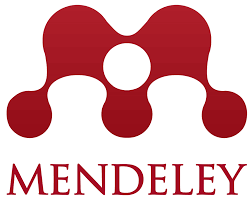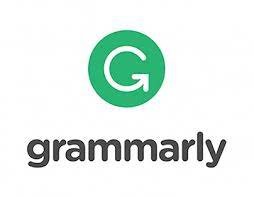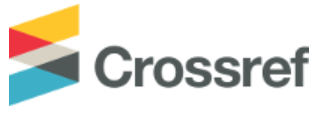Title:
Efforts to Increase The Students' Level of Confidence in Mathematics Learning Using Numbered Head Together (NHT) Model
Author:
Abstract
Keywords
Full Text:
PDFReferences
Adywibowo, I. P. (2010). Memperkuat kepercayaan diri anak melalui percakapan referensial. Jurnal Pendidikan Penabur, 15, 37-49.
Arends, R. I. (2008). Learning to teach: Belajar untuk mengajar, edisi ketujuh. (Helly Prajitno & Sri Mulyantini, Terjemahan). New York: McGraw Hill Companies. Buku asli diterbitkan tahun 2007.
Azwar, S. (2010). Penyusunan skala psikologi. Yogyakarta: Pustaka Pelajar.
BNSP. (2006). Peraturan Menteri Pendidikan Nasional RI Nomor 22 Tahun 2006 tentang standar isi untuk satuan pendidikan dasar dan menengah.
Depdikbud. (2013). Peraturan Menteri Pendidikan dan Kebudayaan RI, Nomor 65 Tahun 2013 tentang standar proses pendidikan dasar dan menengah.
Ghufron, N & Risnawita, R. (2014). Teori – teori psikologi. Yogyakarta: Ar – Ruzz Media.
Hannula, M. S., Maijala, H., & Pehkonen, E. (2004). Development of understanding and self confidence in mathematics; grades 5 – 8. Journal of Mathematics Education, 3, 17 –24. Retrieved from http://www.emis.de/proceedings/PME28/RR/RR162_Hannula.pdf.
Kunhertanti & Santosa. (2018). The Influence of students’ self confidence on mathematics learning achievement. Journal of Physics: Conf. Series 1097 (2018) 012126. DOI: 10.1088/1742-6596/1097/1/012126
Komara, I. B. (2016). Hubungan antara Kepercayaan Diri dengan Prestasi Belajar dan Perencanaan Karir Siswa. Jurnal Pedagogia, 5(1). Yogyakarta: UAD.
McLeod, D.B. (1991). The role of affect. dalam Fennema, E.,Carpenter, T.P, & Lamon, S. J.(Eds), Integrating research on teaching and learning mathematics (pp 56-82). New York: State University New York Press, Albany.
Pangestika, S. (2018). Hubungan rasa percaya diri dengan motivasi berprestasi pada mata pelajaran IPA. Jurnal Pendidikan Guru Sekolah Dasar, 7(10).
Preston, L. D. (2001). 365 Steps to self-confidence. UK: How To Books Ltd.
Pujiyanti. (2017). Upaya peningkatan keaktifan belajar matematika dengan model kooperatif Numbered Head Together (NHT). Surakarta: Universitas Muhammadiyah Surakarta.
Suprijono, A. (2011). Cooperatif learning. Yogyakarta: Pustaka Belajar.
Suwarno. (2010). Pembelajaran kooperatif jenis Numbered Heads Together (NHT). Sukoharjo: Universitas Bangun Nusantara.
DOI: https://doi.org/10.31002/ijome.v2i2.1905
Article Metrics
Abstract view : 115 timesPDF - 0 times
Cited By
Refbacks
- There are currently no refbacks.
Copyright (c) 2019 Indonesian Journal of Mathematics Education

This work is licensed under a Creative Commons Attribution-NonCommercial-ShareAlike 4.0 International License.

This work is licensed under a Creative Commons Attribution-NonCommercial-ShareAlike 4.0 International License.
Indexed by:
ISSN: 2654-3907 (print) | 2654-346X (online)
Jalan Kapten Suparman No.39, Magelang, Jawa Tengah, Indonesia 56116
Phone (0293) 364113 Fax. (0293) 362438
Website : http://jurnal.untidar.ac.id/index.php/ijome









 Abstract views : 115
|
Abstract views : 115
| PDF views : 0
PDF views : 0



